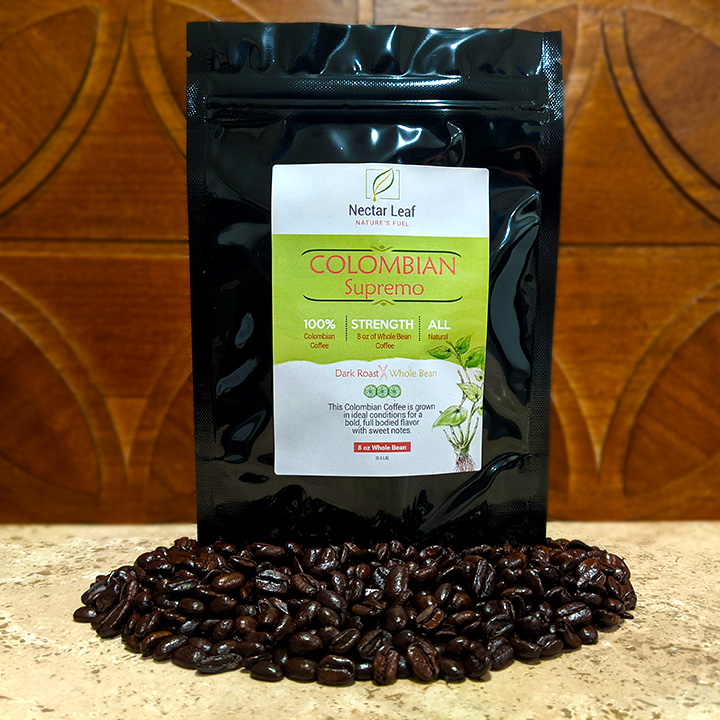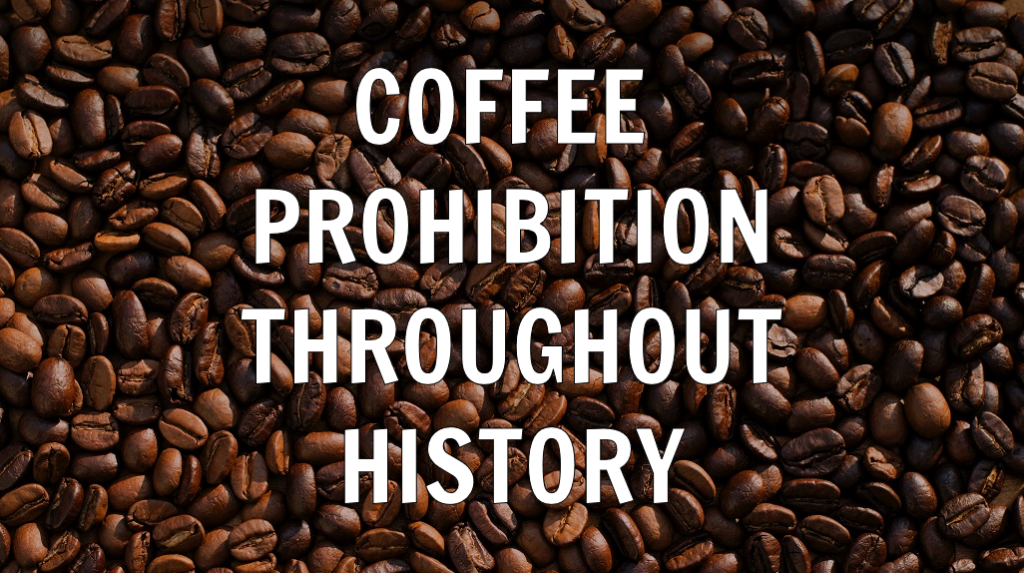For most of history, coffee has been considered as it is today: a casual, flavorful beverage enjoyed as a mild stimulant. Though caffeine can cause health problems in some users, including dependency and rare instances of fatal overdose, coffee is legal in virtually every part of the world.
So it may come as a shock that coffee prohibition has occurred at certain times and places throughout history. As ridiculous as it seems to modern people, examining the motivations behind historical coffee prohibition allows us to understand the motivation for all prohibition: it’s most often a tool of power and control, and rarely about public health.
1511, Mecca
In 1511, Governor of Mecca Kha’ir Beg issued a ban on coffee. Coffeehouses were gathering places of political and social dissidents, such as intellectuals and artists, who engaged in lively discussions. Some religious leaders in Mecca believed that coffee consumption encouraged secularism and criticism of the theocratic government.
Islamic authorities at the time debated whether coffee was an intoxicant similar to alcohol or hashish. The Quran explicitly forbids intoxicants as Satanic.
However, coffee‘s popularity and the demand for it remained high, leading to continued coffee consumption despite the ban. Counselors to the sultan of Egypt overturned the ban within months. Ultimately, coffeehouses continued to thrive, and coffee regained its place as a beloved beverage and social focal point in Mecca.
1633-1807, Ottoman Empire
Another coffee ban was imposed in the late 17th century during the reign of Sultan Mehmed IV (1648–1687). Again, this ban was associated with concerns about political dissent and the activities in coffeehouses.
Bans and restrictions on coffee continued in the 18th century. Sultan Selim III (1789–1807) issued orders against coffee consumption, which, like previous bans, were aimed at suppressing political opposition and controlling the spread of ideas.
Coffee bans in the Ottoman Empire were often short-lived and temporary, and occurred during periods of political turmoil. Coffeehouses would re-emerge after the bans were lifted.
Repression of free speech, intellectualism, political opposition, and the lower class were common motivations of prohibition throughout history.
1675, England
King Charles II issued a proclamation on December 29, 1675, aimed at suppressing the proliferation of coffeehouses. His concern was not so much about coffee itself but about the political discussions and gatherings that took place in these establishments. As in Mecca and the Ottoman Empire, coffeehouses had become centers for intellectual discourse and political debate, which the king viewed with suspicion.
Despite the king’s proclamation, the ban on coffeehouses was not consistently enforced, and coffeehouses continued to operate, albeit with varying degrees of discretion. There was significant public backlash against the ban, as many people valued the social and intellectual exchanges that took place in these establishments.
The ban on coffeehouses was short-lived. In early 1676, just a few months after the proclamation, Charles II issued another royal edict that explicitly revoked the ban. The reasons for the repeal are not entirely clear, but it is believed that public opinion and the economic contributions of coffeehouses played a role in the decision.
1756-1776, Sweden
King Gustav III of Sweden attempted to discourage coffee consumption. This time the motive for prohibition was primarily economic, while claiming that coffee was harmful to public health and society. Coffee was imported, and the king sought to reduce Sweden’s reliance on foreign goods, including coffee.
In 1756, Gustav III imposed heavy taxes on coffee and coffee-related items, such as cups, saucers, and coffee paraphernalia. The high taxes were intended to make coffee consumption more expensive and thereby reduce its popularity.
The king, perhaps to drum up support for the ban, claimed coffee was harmful to heath. To support this idea, he conducted a controlled experiment using twins who both had been condemned to death for crimes. They were instead allowed to live if they agreed to engages in this experiment: one was made to drink large quantities of coffee, and the other tea, every day for the rest of their lives.
Though Gustav concluded from this experiment that coffee consumption had more negative health effects, “The tea drinking twin died first at the age of 83, long after the death of Gustav III, who was assassinated in 1792. The age of the coffee-drinking twin at his death is unknown, as both doctors assigned by the king to monitor this study predeceased him.” (Wikipedia)
The coffee ban was lifted in 1766, due in part to political challenges Gustav faced that contributed to his decision.

1777, Prussia
In 1777, Frederick the Great of Prussia issued a manifesto that promoted beer over coffee as the national drink. Coffee production was monopolized by the state, and taxed so heavily that only the aristocracy and other privileged people could afford to drink it. Again, we observe an historical example of a de-facto prohibition employed as a tool of social repression.
The economic incentive to keep money from leaving Prussia was apparent when Frederick was quoted as saying:
It is disgusting to notice the increase in the quantity of coffee used by my subjects, and the amount of money that goes out of the country as a consequence. Everybody is using coffee; this must be prevented. My people must drink beer. His Majesty was brought up on beer, and so were both his ancestors and officers. Many battles have been fought and won by soldiers nourished on beer, and the King does not believe that coffee-drinking soldiers can be relied upon to endure hardships in case of another war.
As is inevitable with prohibition, a black market for coffee in Prussia began to thrive. Frederick employed “coffee sniffers”, 18th century narcs who went into villages and followed the distinct aroma of roasting and brewing coffee to bust the fiendish addicts.
Frederick died in 1786. A year later, the state monopoly on coffee was abolished.

